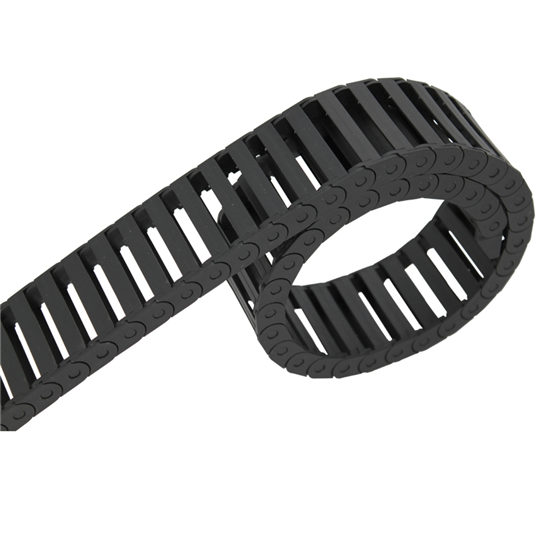machine tool chip conveyor
The Importance of Machine Tool Chip Conveyors in Modern Manufacturing
In the fast-paced world of modern manufacturing, efficiency and cleanliness are paramount. One of the critical components that contribute to both is the machine tool chip conveyor. These systems play a vital role in managing metal chips and shavings produced during machining processes, ensuring that production lines remain uninterrupted and materials are handled safely and effectively.
Machine tool chip conveyors are specifically designed to transport metal chips, swarf, and coolant away from machine tools. When machining metal parts, a significant amount of waste material is generated in the form of tiny shavings or chips. If left unchecked, these chips can accumulate around the machine, leading to operational problems, safety hazards, and potential machine damage. A chip conveyor addresses these issues by efficiently removing waste material, allowing for smooth operations and minimal downtime.
There are several types of chip conveyors available, each designed for different applications and materials. For instance, steel belt conveyors are robust and suitable for heavy applications, while modular plastic belt conveyors offer versatility and ease of maintenance. Additionally, screw conveyors can handle a wide range of chip types and sizes, making them ideal for various machining environments. The choice of conveyor largely depends on the specific requirements of the manufacturing process, including the type of machining being performed and the nature of the material being worked with.
machine tool chip conveyor

One significant advantage of using a chip conveyor is its ability to enhance productivity. By automating the removal of chips, manufacturers can reduce the time operators spend managing waste, allowing them to focus on more value-added tasks. This efficiency means that machines can run longer without interruption, which is essential in meeting production targets and deadlines. Furthermore, a clean work environment contributes to better morale among workers, reducing the risk of accidents caused by slipping or tripping over accumulated debris.
In addition to improving operational efficiency, chip conveyors also play an essential role in resource management. Many modern conveyor systems are designed to separate coolant from the chips, allowing for the reuse of coolant and the recycling of metal chips. This not only helps in reducing waste and lowering production costs but also aligns with growing environmental regulations and sustainability initiatives within the manufacturing sector.
Moreover, chip conveyors contribute to increased machine life by preventing overheating and damage caused by chip buildup. Constant exposure to chips can lead to increased wear and tear on machine components, as well as overheating that can diminish performance quality. By maintaining a cleaner environment around the machine, manufacturers can extend the life expectancy of their equipment and reduce maintenance costs.
In conclusion, machine tool chip conveyors are an essential component in modern manufacturing environments. They enhance productivity by automating chip removal, contribute to a safer and cleaner workplace, and support sustainable practices through effective resource management. As manufacturing technology continues to evolve, the importance of efficient waste handling solutions like chip conveyors will only grow, making them a critical investment for any company looking to stay competitive in today’s market.








